Wang Yi, Foreign Minister of the People's Republic of China
Sep 24, 2022
In dealing with China, zero-sum mindset and "political correctness" is misleading and dangerous.
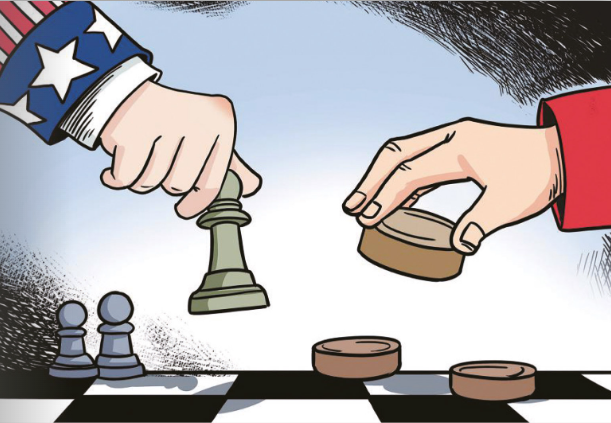
Li Huan, Deputy Director at CICIR's Institute of Hong Kong and Macao Studies, and Distinguished Research Fellow, Xiamen University
Sep 23, 2022
With the possible passage of the Taiwan Policy Act of 2002, the United States is showing that, notwithstanding lip service, it is moving in a direction of open support for the island. China must prepare for the worst-case scenario.
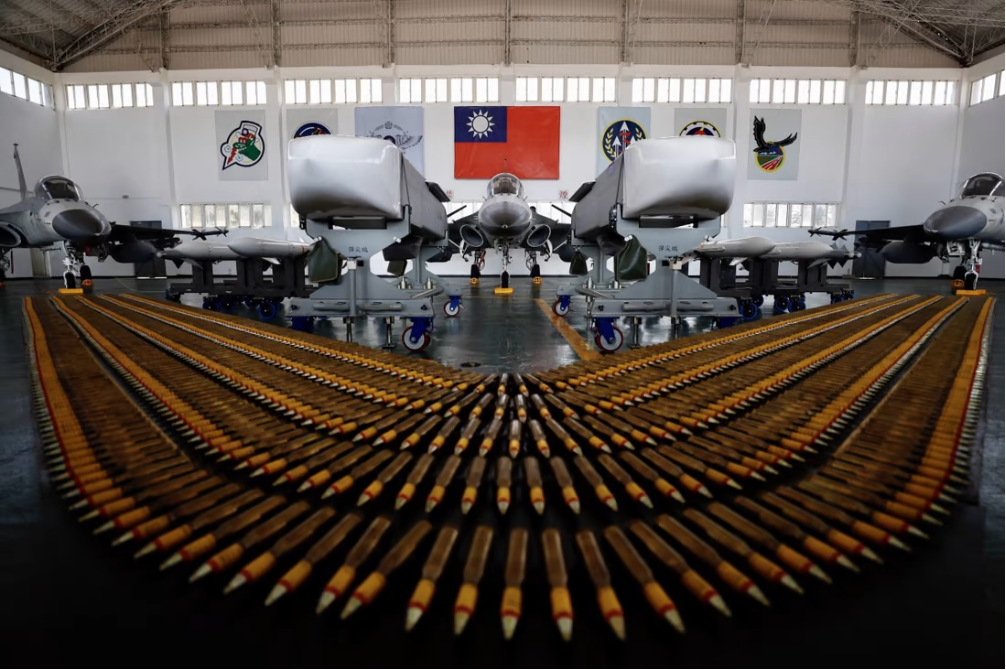
Zhao Minghao, Professor, Institute of International Studies at Fudan University, and China Forum Expert
Sep 19, 2022
The US Senate Committee on Foreign Affairs just endorsed the Taiwan Policy Act of 2022 by 17-5. The legislation will then be submitted to the Senate for review. If the House also proposes and approves a corresponding legislation later, President Biden may sign it into law. Even if the Act won’t sail through Congress, corresponding clauses may still be incorporated into such legislations as the National Defense Authorization Act and put into practice.
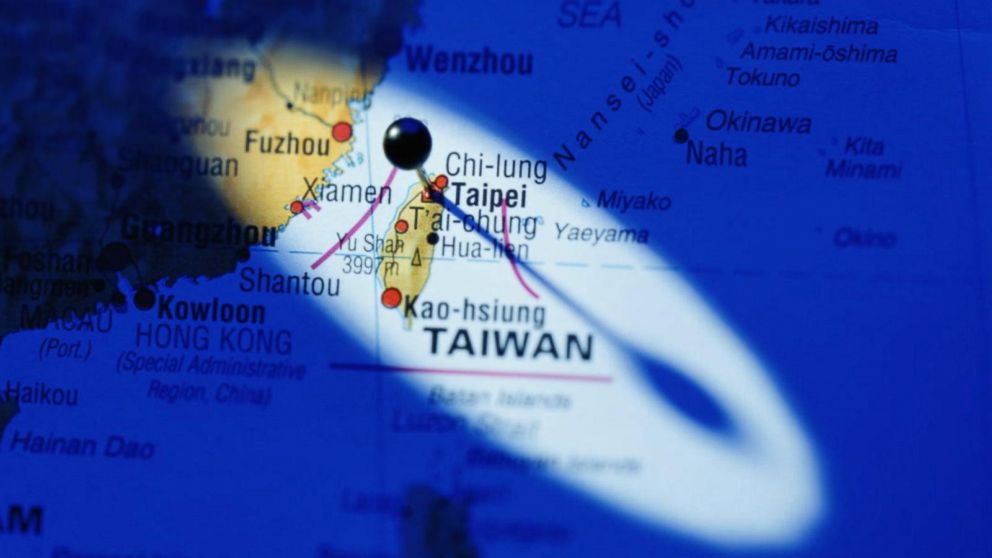
Victor Zhikai Gao, Chair Professor at Soochow University, Vice President of CCG
Sep 16, 2022
While the Taiwan Policy Act is making its way through the labyrinth in the congressional process in Washington, D.C., it is high time to ponder the consequences of this Act, if adopted and enacted, for China and the United States.
Charles Ray , Former U.S. Ambassador; Chair of the Africa Program, Foreign Policy Research Institute
Sep 02, 2022
The U.S.-China relationship started with uncertainty, and the consequences of this rocky foundation are seen today.
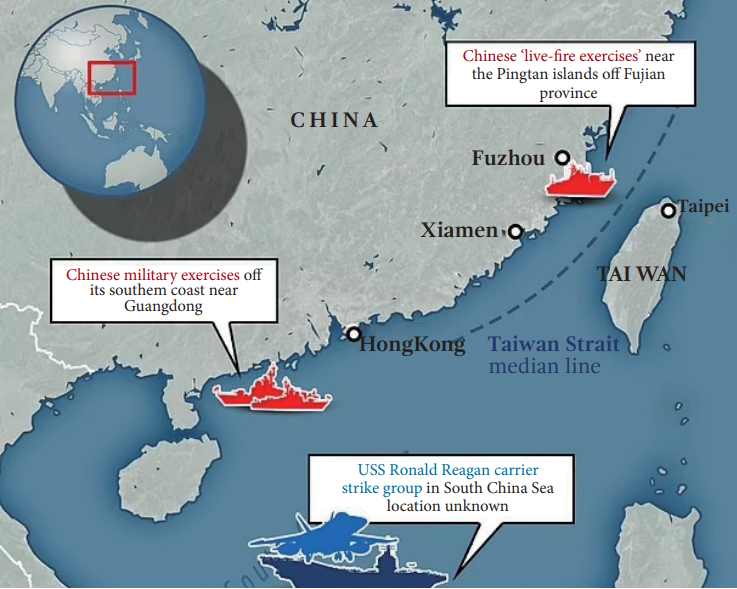
Zhu Songling, Professor, Beijing Union University
Aug 29, 2022
The visit to Taiwan by the U.S. House speaker is a straight-up violation of the one-China principle. It requires no stretch of imagination to see that security and stability will be dangerously degraded if the United States fails to reflect.
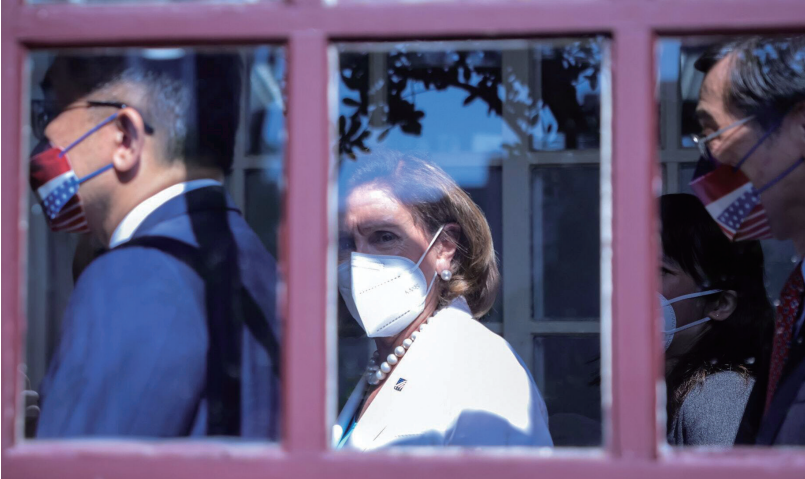
Zhao Minghao, Professor, Institute of International Studies at Fudan University, and China Forum Expert
Aug 29, 2022
The negative influences of the U.S. House speaker’s Taiwan visit are fermenting and will continue to poison China-U.S. relations. Domestic political winds in the United States are stirring up strategic confusion that will inevitably increase the risk of war.
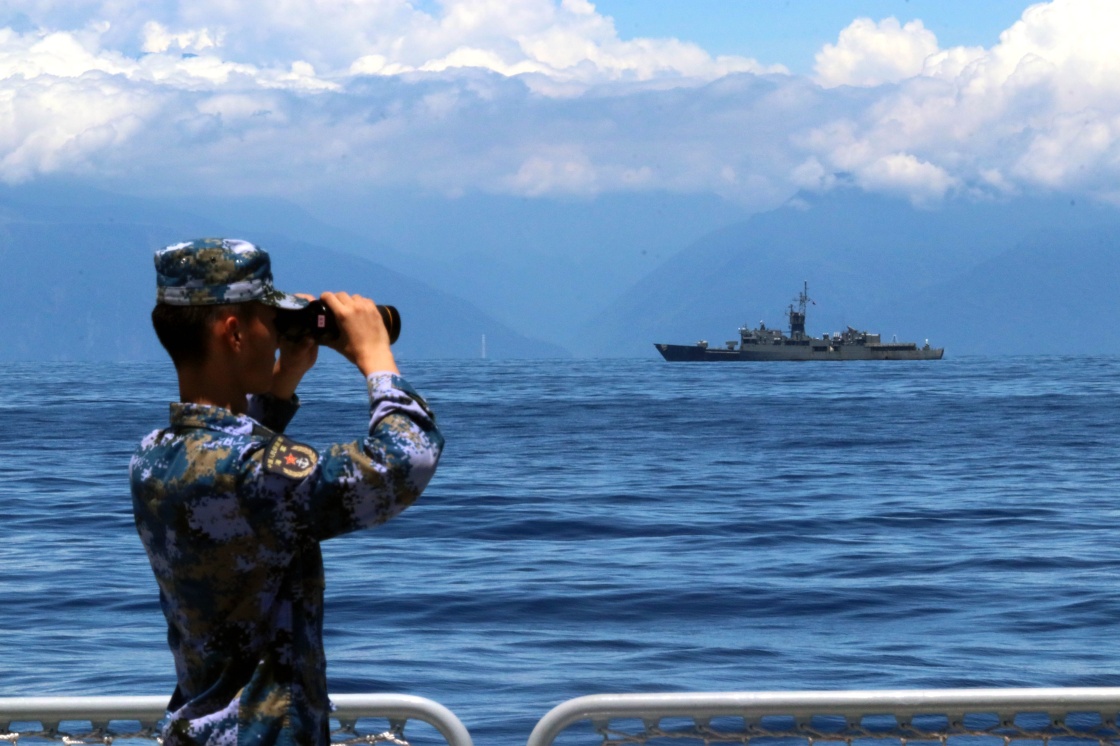
Da Wei, Director of Center for International Strategy and Security; Professor at Tsinghua University
Aug 29, 2022
It’s not clear that China and the United States can sit down for truly in-depth discussions that ensure each side can send restrained messages to let the other party get it right. The consequence of failure could mean war, and we’re nearly out of time.
Lucio Blanco Pitlo III, President of Philippine Association for Chinese Studies, and Research Fellow at Asia-Pacific Pathways to Progress Foundation
Aug 26, 2022
U.S. House Speaker Nancy Pelosi became the highest ranking American government official to visit Taiwan in decades - raising the temperature of the already-tense Taiwan Strait. The current situation reflects not only a history of conflict, but also China’s concerns about U.S. influence in its backyard.

Li Huan, Deputy Director at CICIR's Institute of Hong Kong and Macao Studies, and Distinguished Research Fellow, Xiamen University
Aug 26, 2022
Nancy Pelosi, speaker of the U.S. House of Representatives, visited Taiwan recently, dealing a blow to China-U.S. relations and destabilizing regional security. The visit also provides a reference point for the future.